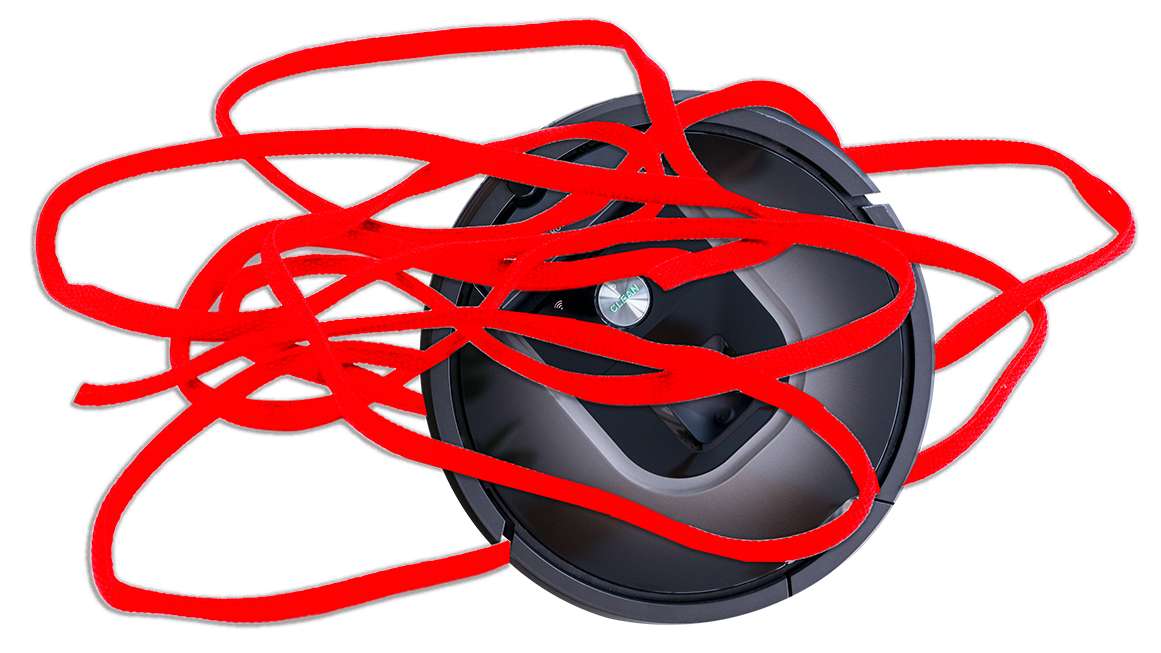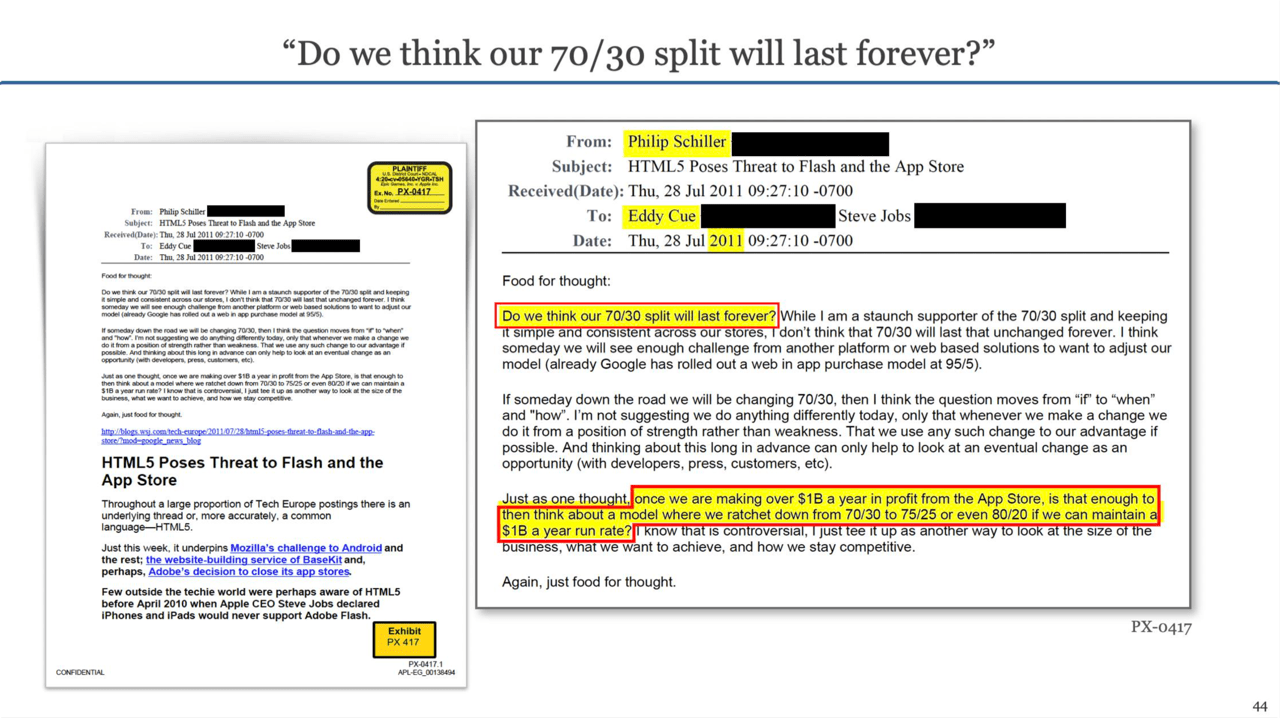
App Store Arguments
Arguments in Epic Games, Inc. v. Apple Inc. wrapped up yesterday; Judge Yvonne Gonzales Rogers noted she had thousands of documents to pour over, but hoped to issue a decision within the next few months. I think there is a strong chance that Apple prevails, for reasons I’ll explain below, but that doesn’t mean the trial has been waste of time: it has cast into stark relief the different arguments that pertain to the App Store, and not all of them have to do with the law.
First, while it is possible to define the App Store for iPhones as a distinct aftermarket (see Kodak v. Image Technical Services), appellate courts have significantly narrowed that decision to limit its application to situations where the company selling the product that leads to an aftermarket is only barred from changing the rules after-the-fact to foreclose competition in the aftermarket; if the rules foreclosing competition are consistent, however, then there is no harm, because customers know what they are getting into. In the case of the iPhone, this means that Apple can control the market for iPhone apps, because customers already know that Apple controls the App market; if they don’t like it they can buy a different phone. This is why Apple spent time in the trial establishing that its control of the App Store was in fact a selling point of the iPhone, and a reason why customers chose to enter iOS’s more restrictive ecosystem.
Second, Apple also made the case that there is a competitive market for developers. This was an especially effective line of reasoning with regard to Fortnite, which makes more money from other platforms than it does from iOS; moreover, those platforms have rules that are similar to iOS, including exclusive payment platforms, no-steering provisions, and 30% commissions.
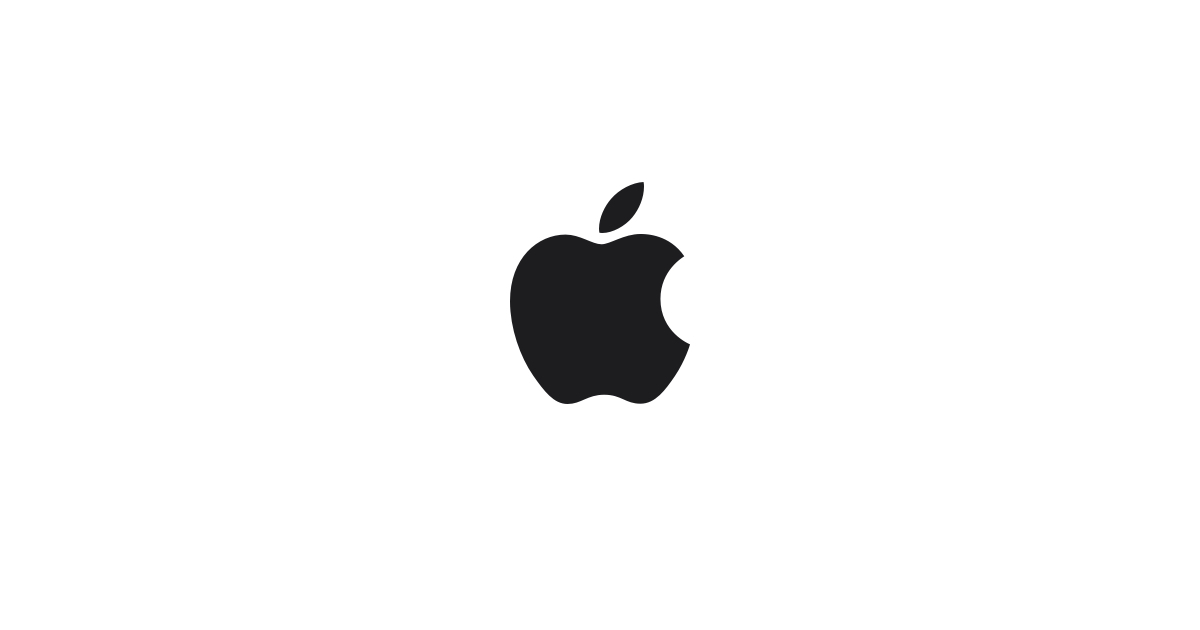
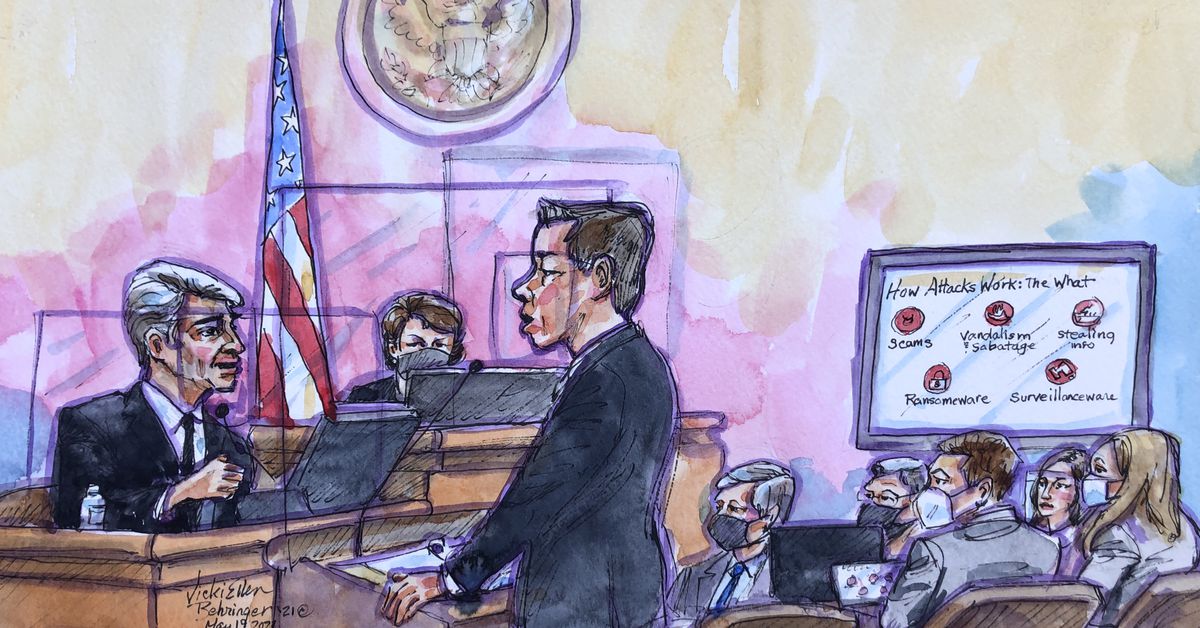


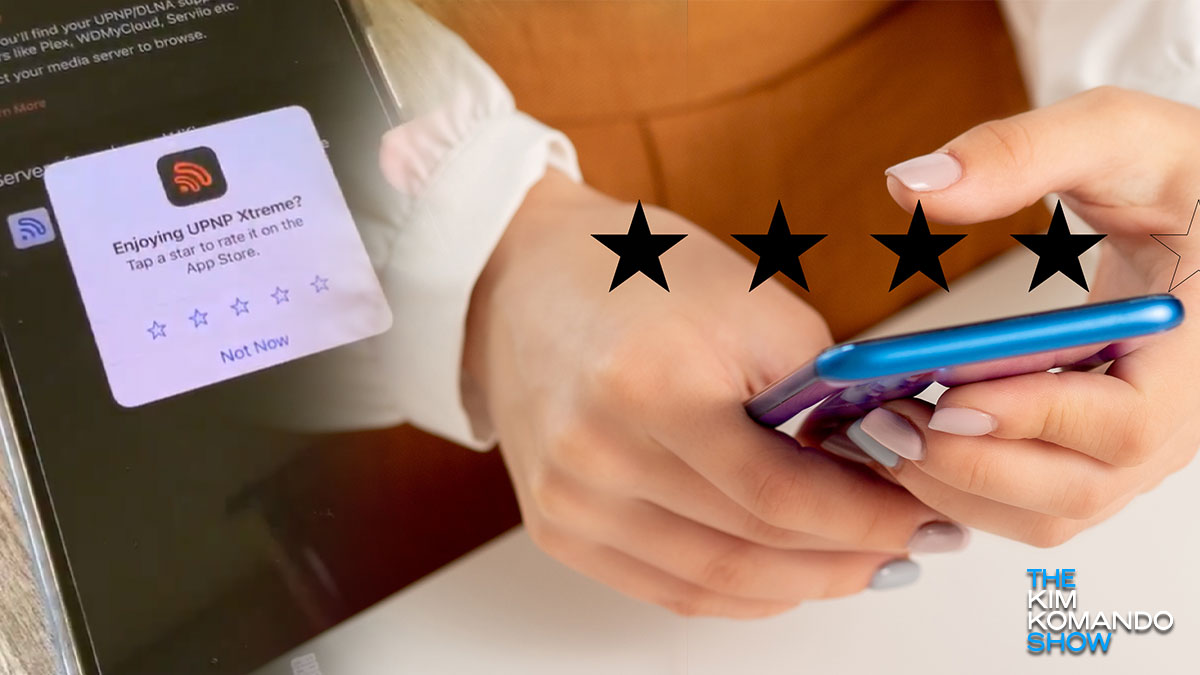
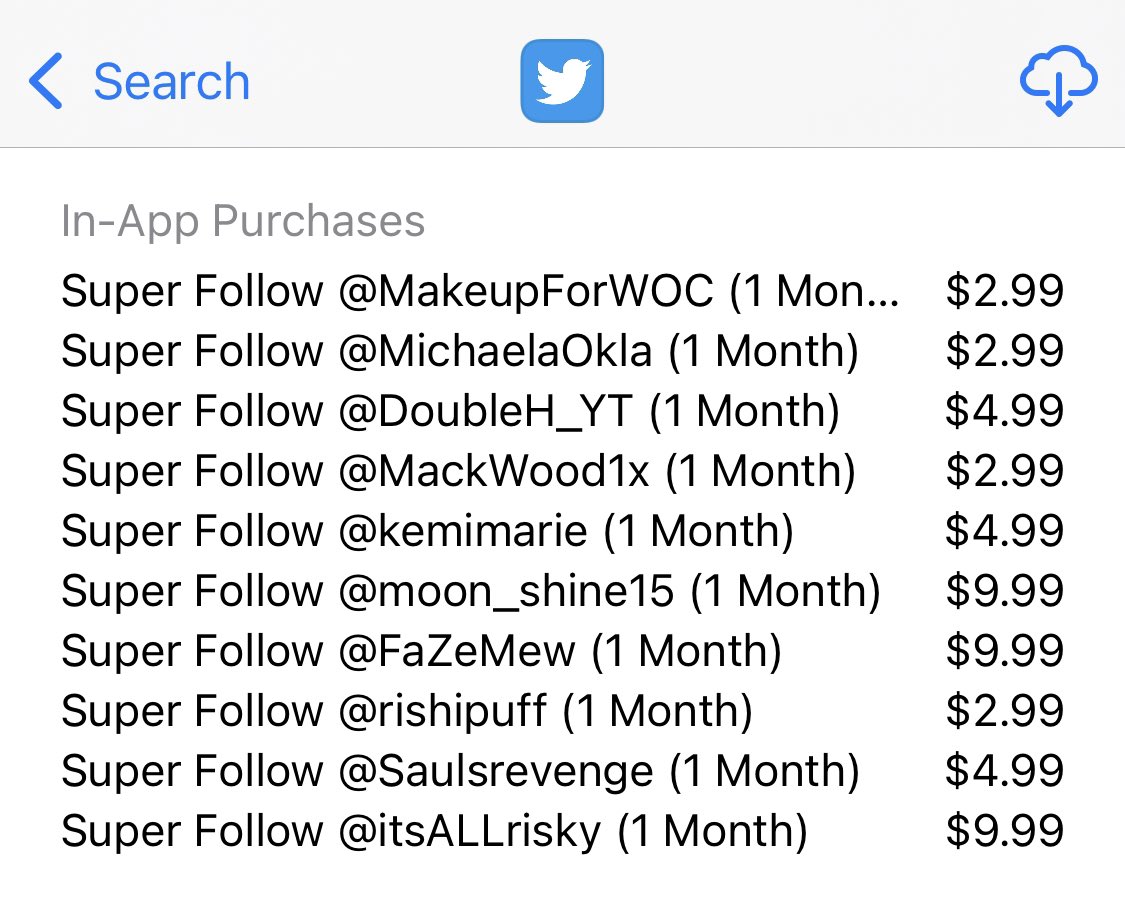
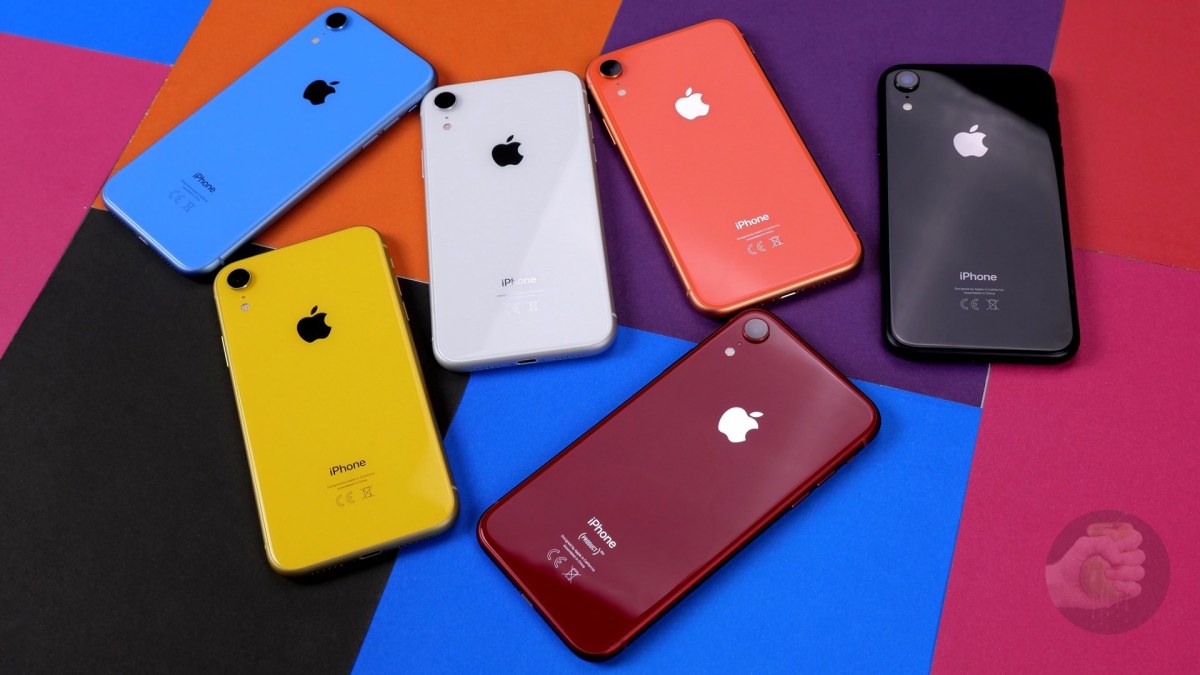



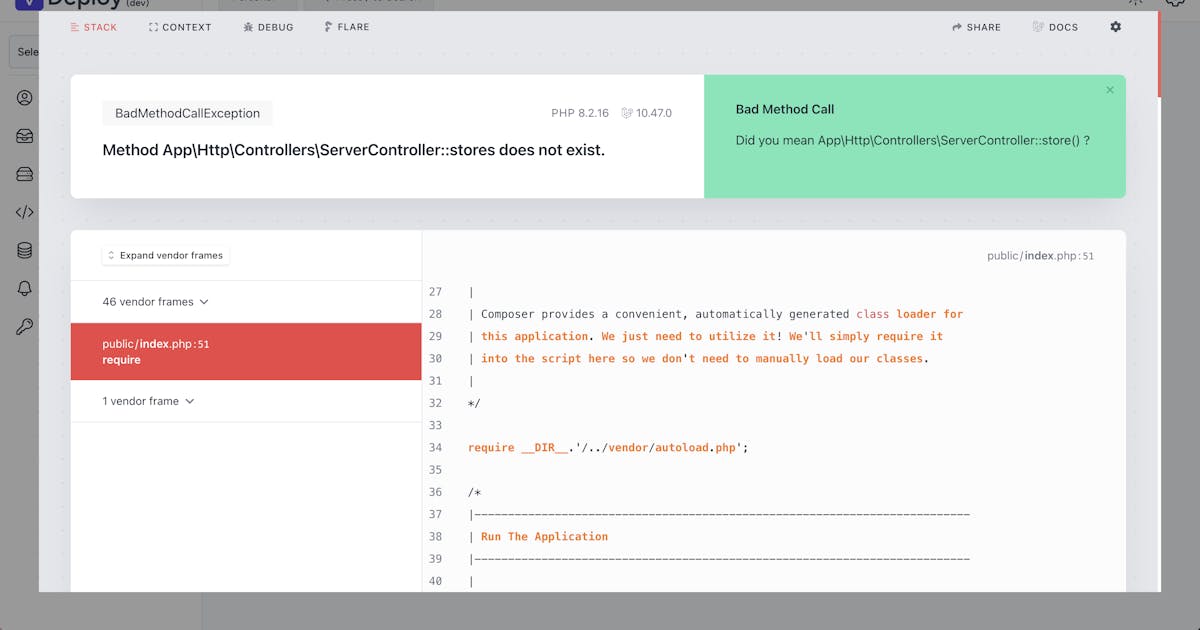
/cdn.vox-cdn.com/uploads/chorus_asset/file/25415491/DSC08587.JPG)




